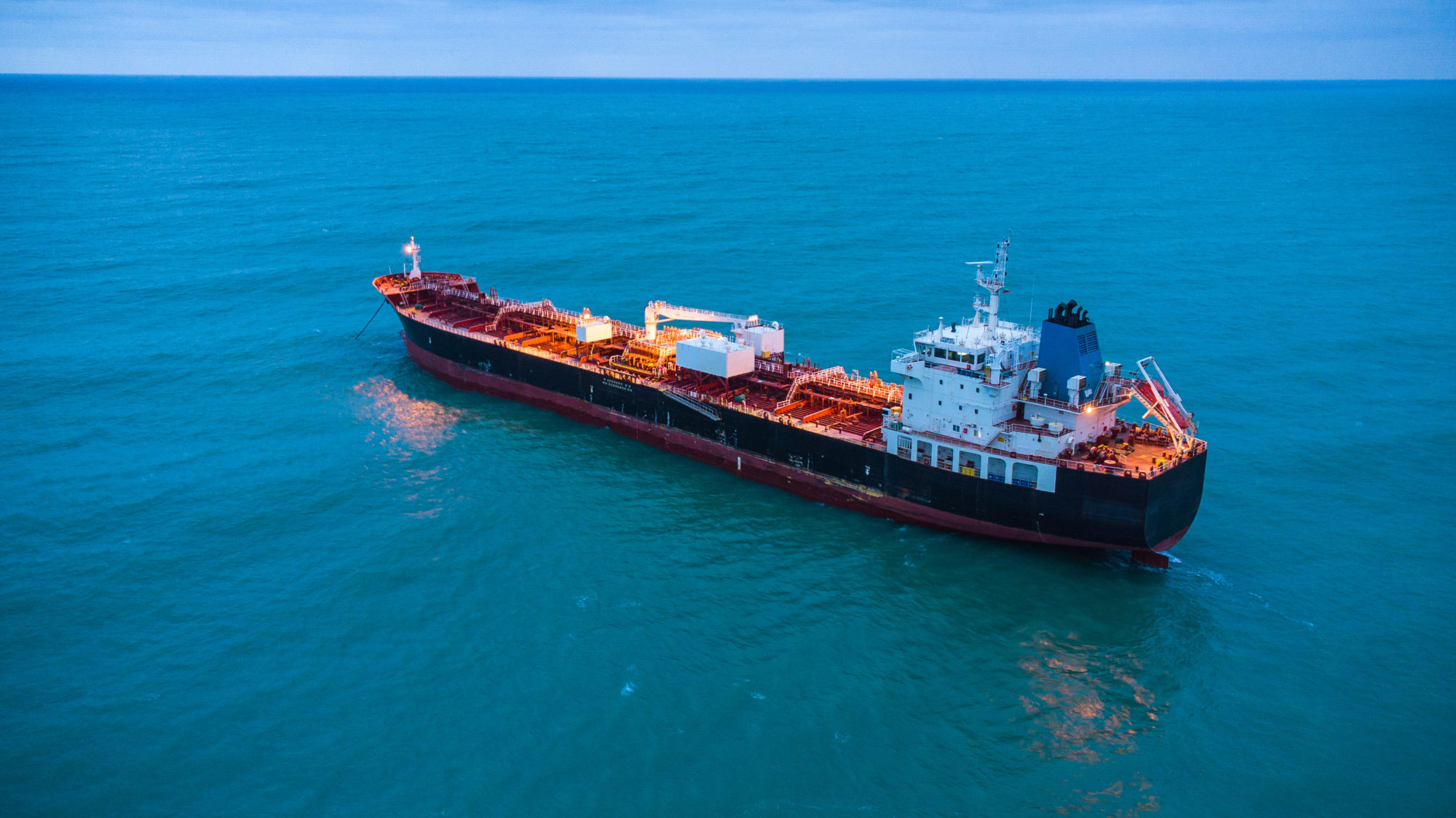Tunisia Capitalizes as New South Korean Route for Russian Oil Imports
Middleman in Russian naphtha trade opens door for Western investment
South Korea, the largest naphtha importer worldwide, seems to have found a new route to buy Russian hydrocarbon products through Tunisia. These transactions could be highly beneficial for the North African country, despite the criticism they could bring.
Seoul has begun importing large amounts of naphtha, a liquid hydrocarbon mixture similar to gasoline, from Tunisia. Meanwhile, the North African country’s imports of the same product from Russia have soared dramatically, Reuters reported on Thursday. It also cited Fakhta Mahouachi, the head of the Tunisian state refiner, La Société Tunisienne des Industries de Raffinage, saying the naphtha stored in their port belongs to foreign companies and the state is not connected to the transactions.
According to Refinitiv, one of the world’s largest providers of financial markets data and infrastructure, South Korea last year imported 590,000 tons of naphtha from Russia. Last month, according to the Korean National Oil Corporation, it imported 82,000 tons of the same product from Tunisia, which represents a significant increase in Korean naphtha imports from the tiny North African nation in recent years.
Tunisia is taking the role of intermediator for these transactions despite the West’s sanctions against Russia due to its invasion of Ukraine. On this matter, Ahmed Alqarout, lead MENA analyst at Sibylline, says that, regardless of the criticism that it may attract, it could be rather beneficial for the country.
On the one hand, he told The Media Line, “Tunisia is seeking to get the West’s attention by capitalizing on its rivalry with Russia, in a bid to secure more Western investments and aid.”
Alqarout argues that Tunisia’s role on this trade route is likely to increase tensions with and criticism from the West but could ultimately lead to talks and negotiations that may result in the foreign investments that the country’s economy desperately needs.
Tunisia, he points out, is currently struggling economically, and despite securing further funding from the International Monetary Fund and the European Union, its fiscal deficits continue to soar, meaning that the country spends more than what it earns. This, he adds, “is driving significant societal unrest in the run-up to the elections scheduled next month.” In the meantime, he adds, Tunisia is seeking to create a new revenue stream by facilitating Russia’s hydrocarbon products to countries that do not desire to challenge the West.
James Swanston, an emerging markets economist at Capital Economics, specializing in coverage of the Middle East and North Africa, agrees. He told The Media Line that Tunisia, acting as an intermediator, is likely a reflection of the country’s desperation for sources of revenue to counter its deteriorating economic situation.
“Tunisia is in need of hard currency to try and help avert a messy balance of payments crisis,” he says, pointing out: “The benefit to Tunisia in this is that it is presumably taking a cut of the trade deal, which helps in its acute economic problems.”
Alqarout says that, given the current disruption in the global energy market, many world governments are trying to find the balance between complying with Western sanctions and meeting their national needs for energy. He notes: “At the current world production capacity, storage, and prices, many countries still deem Russian energy as the most affordable option and are likely to continue to import from Russia, especially in Asia.”
Swanston says that South Korea might be testing this route through Tunisia as a third party, to maintain this balance. He adds that, while there are not presently second-round sanctions for dealings with Russian hydrocarbon exports, “Korea could be exploring this as a method to possibly avert sanctions if they were to be imposed in the future.”
Alqarout notes that Tunisia is an optimal option to become a trade route for Russian hydrocarbon products due to Russia’s Mediterranean Sea facilities and Tunisia’s proximity to them. This, he says, “allows it to become a potential hub and trade route for other countries interested in benefiting from an arrangement that enables sanctions maneuvering.”
On the other hand, Swanston says that the energy crisis that the West is dealing with is likely to see some relief in 2023, as energy prices fall back. “OPEC+ currently has a cautious approach to oil production quotas, but we think that the current agreement will not last its duration to the end of next year, and quotas will be raised sooner rather than later. This will put downward pressure on prices.”


